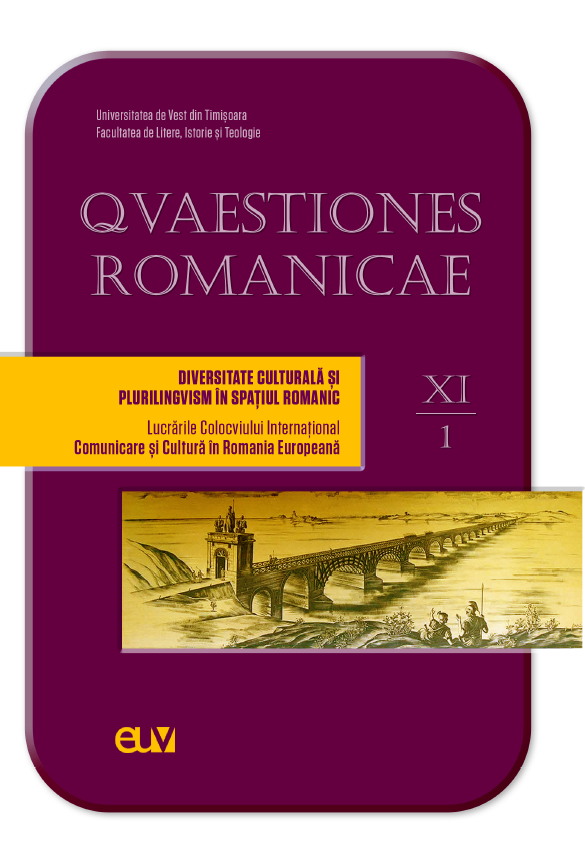Diversitatea receptării sau de ce Cicero și epoca modernă îl apreciază diferit pe Thucydides
Abstract: (The Diversity in Reception, or Why Cicero and the Modern Age Value Thucydides Differently) In the treatise Orator, Cicero argued that the ideal orator should be able to express himself in several styles, by adapting to the needs of each cause he supports. He was thus fighting the Roman orators of his time who called themselves "Atticists" (Attici) and who imitated Lysias, Thucydides or Xenophon. Regarding Thucydides, among others, Cicero states: (Orat. 30) nihil ab eo transferri potest ad forensem usum et publicum. ipsae illae contiones ita multas habent obscuras abditasque sententias vix ut intellegantur. The Roman orator thought, therefore, that nothing in the work of the Greek historian could be used for the public benefit, and his speeches (contiones) contain many passages which can hardly be understood. We aim to verify Cicero's statement starting from some concrete examples of such "obscure" passages in the work of Thucydides, which we have chosen from the first Speech of Pericles (1, 140-144), Pericles’ Funeral Oration (2, 34-46), the Mytilenean Debate (3, 37-48), the Speech of Plataeans and the Speech of Thebans (3, 52-68), Thucydides’ description of the revolution of Corcyra (3, 81-83) and the Melian Dialogue (5, 85-113). We will try to understand why exactly the speeches given in the Peloponnesian War, which are today among the most read and appreciated passages, were rejected by Cicero as "unusable" for the Roman public benefit, while the strictly "historical" passages were appreciated by the Latin author, while today they are read less.
Keywords: Cicero, Thucydides, reception, speeches, obscurity.
Rezumat: În tratatul Orator Cicero susținea că oratorul ideal ar trebui să fie în stare să se exprime în mai multe stiluri, adaptându-se nevoilor fiecărei cauze pe care o susține. Îi combătea astfel pe oratorii romani ai vremii care-și spuneau „attici” (Attici) și care îi imitau pe Lysias, Thucydides sau Xenophon. În privința lui Thucydides, printre altele, Cicero afirmă: (Orat. 30) nihil ab eo transferri potest ad forensem usum et publicum. ipsae illae contiones ita multas habent obscuras abditasque sententias vix ut intellegantur. Oratorul roman socotea, așadar, că nu se poate folosi nimic din opera istoricului grec pentru folosul public, iar discursurile (contiones) lui au multe pasaje care abia pot fi înțelese. Ne propunem să verificăm afirmația lui Cicero plecând de la câteva exemple concrete de asemenea pasaje „obscure” din opera lui Thucydides, alese din primul discurs al lui Pericles (1, 140-144), discursul funebru al lui Pericles (2, 34-46), dezbaterea mytilenaică (3, 37-48), discursurile plateenilor și tebanilor (3, 52-68), revolta din Kerkyra (3, 81-83) și din dialogul melian (5, 85-113). Vom încerca să înțelegem de ce tocmai discursurile redate în Războiul Peloponesiac, care astăzi sunt printre cele mai citite și apreciate pasaje, erau respinse de Cicero ca „de neutilizat” pentru folosul public roman, în timp ce pasajele strict „istorice” erau apreciate de autorul latin, iar azi sunt citite mai puțin.
Cuvinte-cheie: Cicero, Thucydides, receptare, discursuri, obscuritate.
